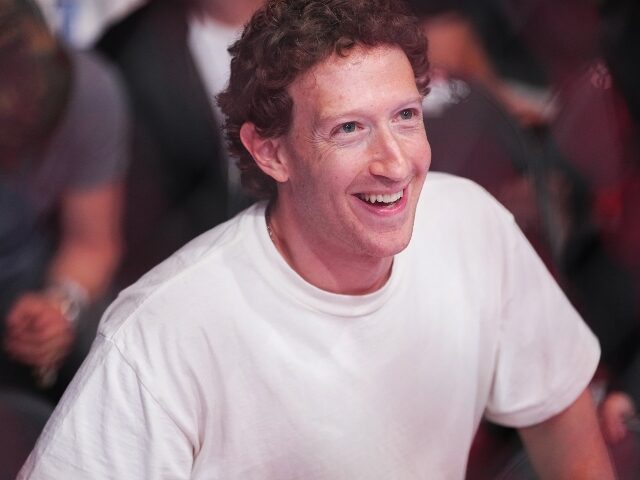The glitz and glamour of being a young influencer on Instagram may seem alluring, but beneath the surface lies a disturbing reality that threatens the safety and well-being of these vulnerable stars. Young girls on the platform can have massive followings with up to 92 percent of followers being adult men.
The Wall Street Journal reports that the rise of social media platforms like Instagram has given birth to a new generation of young influencers, many of whom are guided by their parents in the quest for online fame and fortune. However, as one Midwestern mom and her daughter discovered, the journey to becoming a successful influencer is not without its perils.
The mom, a former marketing manager, started an Instagram account for her preteen daughter three years ago as a way to share photos with family, friends, and other young dancers. The account quickly gained popularity, attracting the attention of photographers and brands eager to showcase the girl’s talent. “We didn’t even have the page for a month, and brands were like, ‘Can we send her dancewear?’” the mom recalled. “She became popular really fast.”
But as the account grew, the mom noticed a disturbing trend: most of her daughter’s followers were adult men. They left comments with fire and heart emojis, proclaimed their obsessions, and even sent inappropriate pictures and links. The mom spent hours each day blocking users and deleting comments, all while trying to balance her daughter’s influencer aspirations with her safety.
The decision to continue pursuing influencer status was not an easy one. The mom felt torn between the potential financial benefits and the grim reality of building an audience that included a large number of men with sexual interest in children. “It’s not that I liked it, ever. Ever. It just is what it is,” she said. “If you want to be an influencer and work with brands and get paid, you have to work with the algorithm, and it all works with how many people like and engage with your post. You have to accept it.”
The mom and daughter’s experience is not unique. Thousands of young female influencers and their parents have made similar calculations, navigating the dark side of Instagram fame in pursuit of brand deals and financial opportunities. The platform’s algorithm, designed to identify users’ interests and push similar content, has become a double-edged sword, connecting children with predators and promoting material that sexualizes minors.
Instagram photos of young girls have become a dark currency, swapped and discussed obsessively among men on encrypted messaging apps such as Telegram. The Journal reviewed dozens of conversations in which the men fetishized specific body parts and expressed pleasure in knowing that many parents of young influencers understand that hundreds, if not thousands, of pedophiles have found their children online.
Despite Meta’s efforts to enhance child safety on the platform, the company’s policies and enforcement have been called into question. The Journal’s investigation revealed instances where Meta failed to enforce its own community guidelines, allowing parent-run modeling accounts to operate in violation of the platform’s rules.
The Midwestern mom and her daughter’s account was shut down by Meta twice, without a clear explanation. The removals left the pair despondent and confused, but the daughter’s desire to continue her influencer journey remained strong. “It was disappointing, you know?” the girl said. “I didn’t want to quit, but if I didn’t have the backup, I don’t know if I would have kept going.”
The mom knew there was opposition to accounts like her daughter’s. Some child-safety activists argued that parents running such accounts exploited their girls by knowingly accepting money from users who were sexually interested in the content. The mom also realized she couldn’t stop men from trading the photos, which will likely continue to circulate even after her daughter becomes an adult. “Every little influencer with a thousand or more followers is on Telegram,” she said. “They just don’t know it.”
As the influencer industry continues to grow, expected to be worth $480 billion by 2027 according to a Goldman Sachs report, the challenges faced by young influencers and their parents are likely to persist. Meta’s internal investigations have revealed the extent of the problem, with nearly all subscribers to child-focused accounts demonstrating malicious behavior toward children. The company has taken steps to address these issues, but the effectiveness of their measures remains to be seen.
Read more at the Wall Street Journal here.
Lucas Nolan is a reporter for Breitbart News covering issues of free speech and online censorship.



COMMENTS
Please let us know if you're having issues with commenting.